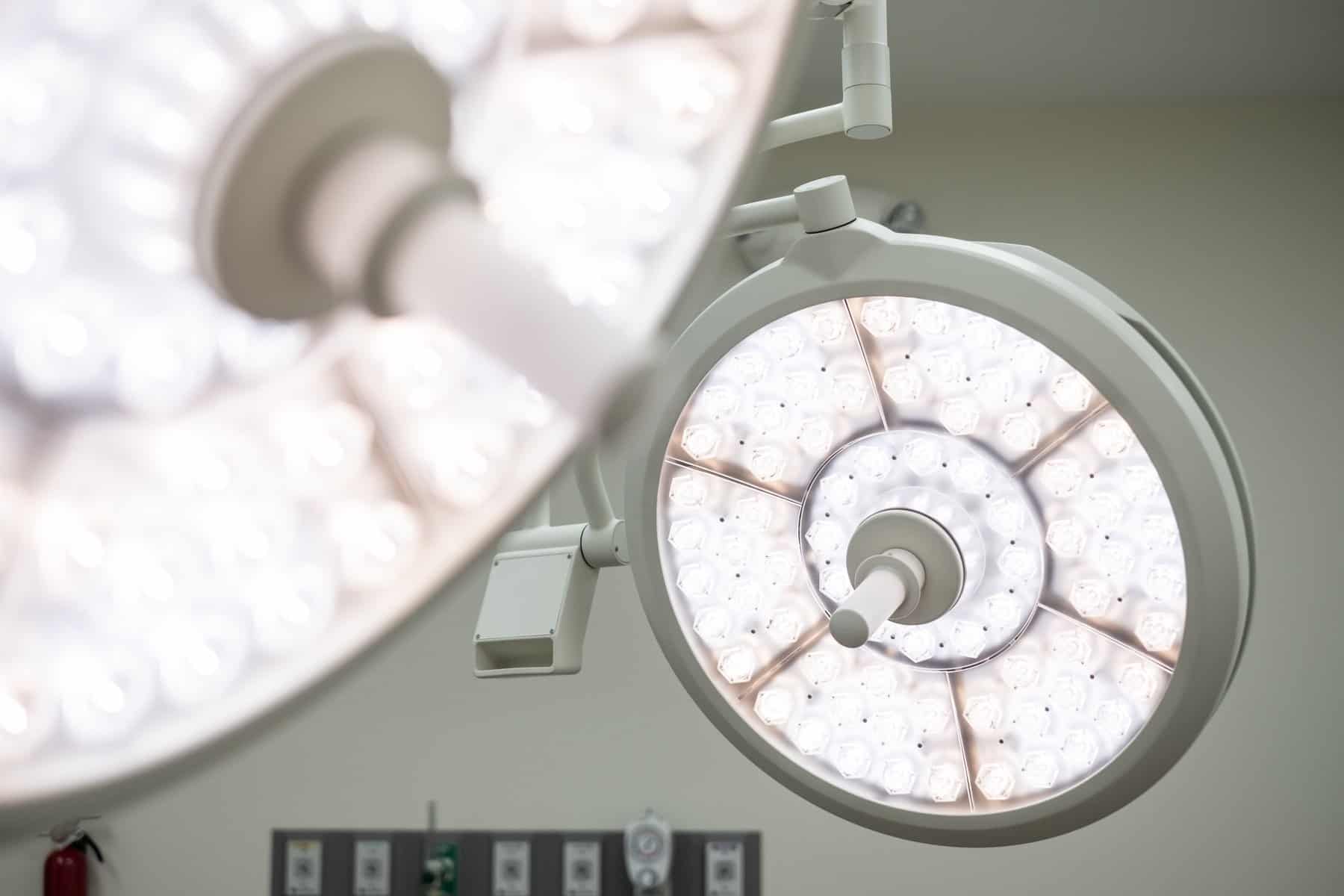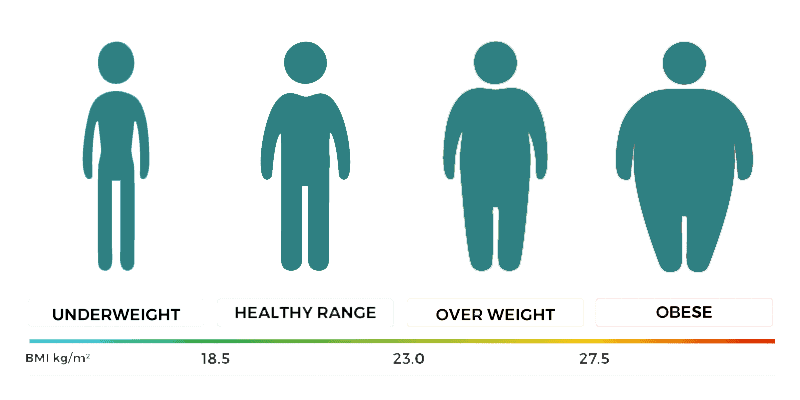GERD (Gastroesophageal Reflux Disease)
Gastro‐esophageal reflux disease (GERD) is a condition which develops when stomach contents regurgitate into the esophagus causing troublesome symptoms such as heartburn (burning sensation at the lower end of the breastbone) or regurgitation (perception of flow of stomach content into the throat or mouth). Long‐term complications of GERD include reflux oesophagitis (injury to lining of esophagus), bleeding from the esophagus, narrowing of the esophagus, change in the nature of the lining of the esophagus which can sometimes give rise to esophageal cancer. Other researchers have hypothesized that there is a direct link between symptomatic GERD and esophageal cancer based on their observation of increased esophageal cancer irrespective of the presence of Barrett’s esophagus. While there has been significant controversy over the definition of GERD, the international consensus definition of GERD includes asymptomatic patients with complications, does not stipulate the method of diagnosis, and includes reflux which may be weakly acidic or gaseous.
Acid Reflux and GERD
Acid reflux occurs when stomach acid flows backward into the esophagus. This causes heartburn and other symptoms. Chronic or severe acid reflux is known as gastroesophageal reflux disease (GERD).
Mild or moderate reflux symptoms can often be relieved with diet and lifestyle changes. Over-the-counter and prescription medications can also help with symptom relief.
Medications used to treat GERD include:
- antacids
- H2 blockers
- proton pump inhibitors (PPIs)
Unfortunately, some people aren’t helped by lifestyle changes or medications. Surgery may be an option for those people. Surgery focuses on repairing or replacing the valve at the bottom of the esophagus that normally keeps acid from moving backward from the stomach. This valve is called the lower esophageal sphincter (LES). A weak or damaged LES is what causes GERD.
Untreated GERD can develop into a condition called Barrett’s esophagus. This condition increases the risk of esophageal cancer. However, esophageal cancer is rare, even in people with Barrett’s.
When to Consider Surgery
Surgery may be recommended if you have serious GERD complications. For example, stomach acid can cause inflammation of the esophagus. This may lead to bleeding or ulcers. Scars from tissue damage can constrict the esophagus and make swallowing difficult.
Surgery for GERD is usually a last resort. Your doctor will first try to manage your symptoms with changes to your diet and lifestyle. This gives relief to most people with the condition. If that does not give you relief, they will try long-term medications. If these steps do not relieve the symptoms, then your doctor will consider surgery. You might also consider surgery to avoid taking long-term medications.
There are several surgical options that may help to relieve GERD symptoms and manage complications. Call us for guidance on the best approach to manage your condition.
Fundoplication
This is the standard surgical treatment for GERD. It tightens and reinforces the LES. The upper part of the stomach is wrapped around the outside of the lower esophagus to strengthen the sphincter.
Fundoplication is performed using minimally invasive surgery. During the surgery, the surgeon makes few small incisions in your stomach to access the esophagus. It can also be performed as robotic surgery. Miniaturized instruments are used to make the process less invasive.
The preparation for this surgery is typical of that for any surgical procedure. It may include:
- a clear liquid diet 1-2 days before surgery
- not eating on the day of surgery
- taking a medication to cleanse your bowels the day before surgery
- Ask your doctor for specific preparation instructions, as they may differ due to your individual medical history.
This type of surgery generally has a very good rate of long-term success.





